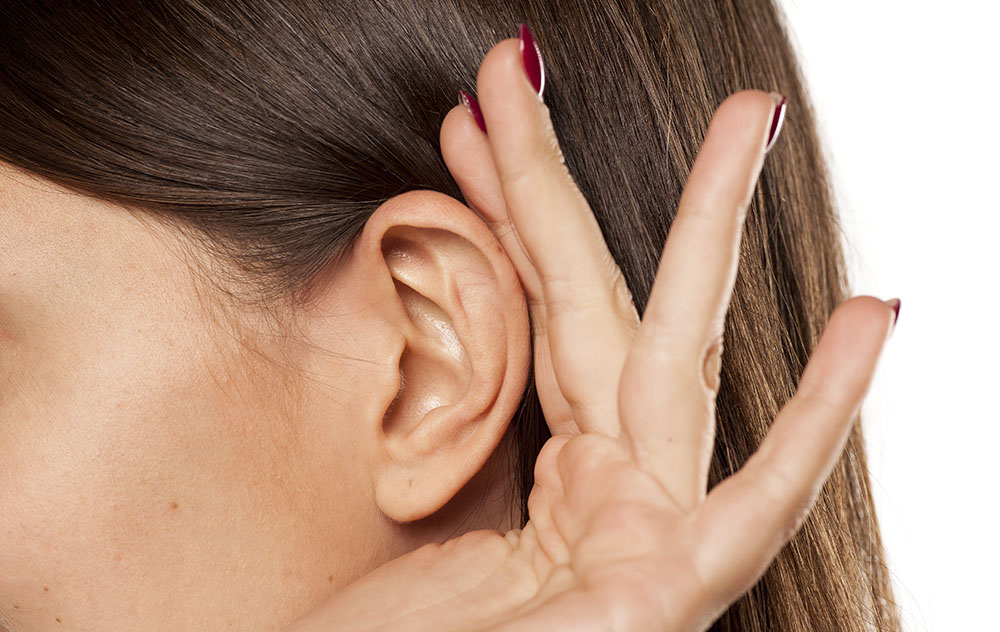What Athletes Should Know About Protecting Their Hearing
Athletes spend significant time focusing on training, safety and overall


Athletes spend significant time focusing on training, safety and overall

Hearing aid technology has advanced rapidly in recent years, offering new

Hearing loss can significantly impact your daily life, affecting